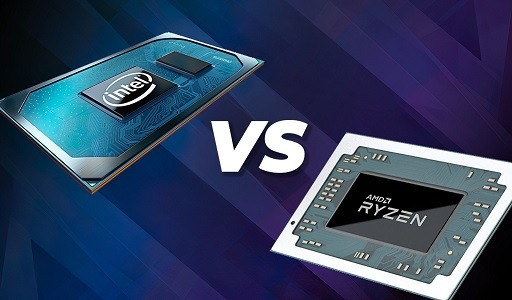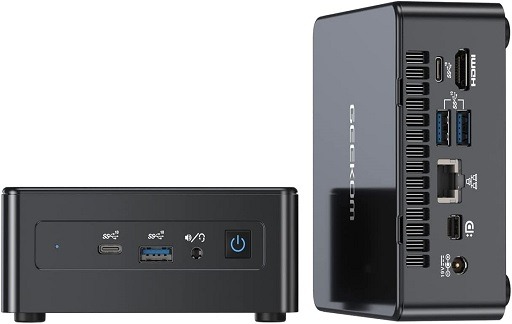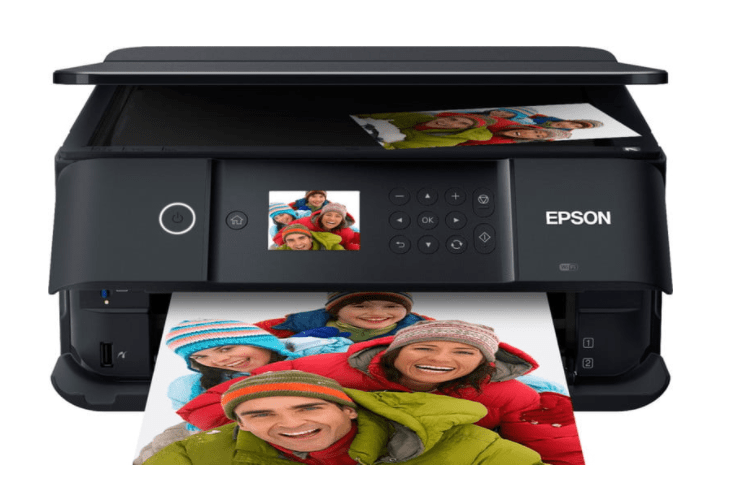Ryzen 9 7950X vs Core i9-13900K: The 24-core Core i9-13900K, Intel’s 13th-generation Raptor Lake processor, was released on the same day as AMD’s Ryzen 9 7950X. The Core i9-13900K and Ryzen 9 7950X are the next generation’s flagship offerings, and with both arriving so soon, PC builders must choose between AMD and Intel.
Now that the Core i9-13900K has arrived, we can see how it compares to the results we obtained in Ryzen 9 7950X review. Our findings indicate one thing: the race to have the best processor of this generation is fierce.

The Specs
The Core i9-13900K appears to outperform the Ryzen 9 7950X on paper, but there is more to the story. Like the previous generation, the Core i9-13900K combines performance (P) and efficiency (E) cores. Because e-cores aren’t nearly as powerful as traditional cores, they don’t scale performance as well.
They do, however, aid in multitasking, as evidenced by our Core i9-12900KS review. The Core i9-13900K has 24 total cores, eight P-cores, and sixteen E-cores. Meanwhile, the Ryzen 9 7950X has 16 cores. Although the Intel chip has more cores, the E-cores do not support hyperthreading. This means you’ll have 32 threads on both parts.
The cache specification is also worth mentioning. Intel has increased its cache, most likely in response to AMD’s 3D V-Cache gaming prowess, and you now get a total of 68MB split across L2 and L3 cache. However, AMD maintains a slight advantage here, with the Ryzen 9 7950X offering 80MB of total cache.
Although we can compare specifications indefinitely, the reality is that design and architecture ultimately determine performance. The only comparable spec we have is power, which is much closer than it used to be. AMD increased the platform’s power to 230W, bringing it closer to the Core i9-13900253W K’s limit.
| Cores/threads | 16/32 | 24 (8+16)/32 |
| Boost clock speed | 5.7GHz | 5.8GHz |
| Base clock speed | 4.5GHz | 3GHz(P-core), 2.2GHz(E-core) |
| Cache (L2 + L3) | 80MB | 68MB |
| Maximum boost power | 230W | 253W |
| Price | $700 | $590 |
You can also read: AMD Ryzen 6000 CPU: The Performance Punch Processor
Performance
For the past few generations, there has been a clear performance leader, but this is no longer the case. The Core i9-13900K and Ryzen 9 7950X are highly competitive in most applications, trading blows. Intel claims a very small advantage in single-threaded performance, but the Core i9-13900increased K’s core count allows it to handle multithreaded tasks much better.
The Core i9-13900K dominates in applications, but the Ryzen 9 7950X isn’t far behind. In some tests, such as 7-Zip and 3DMark’s Fire Strike, the Ryzen 9 7950X actually outperforms the competition. The Core i9-13900K is for you if you want the best performance regardless of the margin. However, the Ryzen 9 7950X sacrifices very little.
In games, you give up almost nothing. In Far Cry 6, the Ryzen 9 7950X takes the lead, but the Core i9-13900K takes a similar lead in Forza Horizon 4. With modern games like Red Dead Redemption 2 and Cyberpunk 2077 being so graphically demanding, many titles show no difference between the two CPUs.
Although there is generally a clear winner for the best processor, this generation is difficult. AMD and Intel are trading blows with razor-thin margins, putting a premium on price. Although the Ryzen 9 7950X may outperform the Core i9-13900K in some applications, it is also about $100 more expensive.
You can also read: Intel Core i7-12700K vs. AMD Ryzen 7 7700X
Motherboard and socket
AMD’s Ryzen 9 7950X is a significant departure. It only works with the new AM5 socket, putting an end to AMD’s use of the AM4 socket since 2016. You’ll need new DDR5 memory in addition to a new motherboard. Unlike the Core i9-13900K, AMD’s Ryzen 7000 processors only support DDR5.
DDR5 prices are currently high, but AMD believes they will fall soon. Intel continues to offer DDR4 and DDR5 versions of most motherboards, as it did in the previous generation. Although the Core i-13900K supports DDR4 and DDR5, you must purchase a motherboard that supports the memory standard you intend to use.
Because Intel uses the same LGA1700 socket, you should be able to upgrade without purchasing a new motherboard if you built a machine with a 12th-generation processor. However, make sure to check the support resources for your specific motherboard. Before installing the Core i9-13900K, you must update the BIOS on 600-series motherboards.
Although upgrading to the Ryzen 9 7950X will cost more, most people will need to purchase a new motherboard regardless of which CPU they choose. Going with DDR4 or reusing some of your existing memory could save you money with the Core i9-13900K, but it all depends on your future upgrade plans.
Pricing and availability
AMD released the Ryzen 9 7950X on September 27, 2022, the same day Intel announced the Core i9-13900K. It costs $700 and appears to be stuck at that price for the time being. It’s not like the hugely popular Ryzen 7 5800X3D, which skyrocketed shortly after launch before settling at its list price.
On October 20, the Core i9-13900K was released. This generation, Intel maintains the same pricing as the Core i9-12900K, with the new part costing $589. That’s a bit high, considering the Core i9-12900K usually sells for around $620.
Even at that price, the Core i9-13900K is significantly less expensive than the Ryzen 9 7950X. Overall, Intel’s part will cost around $100 less, maybe $120 at most. Furthermore, the Core i9-13900K supports last-generation 600-series motherboards (with a proper BIOS update), and DDR4 memory is supported if you have a DDR4-capable 600-series board. When compared to the Ryzen 9 7950X, this significantly reduces the total platform cost of the Core i9-13900K.
You can also read: AMD Radeon RX 6500 XT: The Power Color Gaming Graphics Card
The close range
It’s truly too close to call in this generation. Based on our testing, the Core i9-13900K performs slightly better, but this is largely dependent on the application. And there’s almost no difference in most games, with some titles favoring AMD and others favoring Intel. In short, even if there isn’t a clear winner, it’s difficult to go wrong with either of these processors.
The Core i9-13900K is the best buy for most people. It’s less expensive, and you can reuse a 600-series motherboard and DDR4 memory. The Ryzen 9 7950X is a fantastic processor, but with a higher price, more expensive motherboards, and DDR5 as your only memory option, it’s a much more expensive option with no clear performance advantage.
CamRojud may earn a certain commission on products purchased via our links, which supports our effort on this content.
Would you like to read more about Ryzen 9 7950X vs Core i9-13900K-related articles? If so, we invite you to take a look at our other tech topics before you leave!










